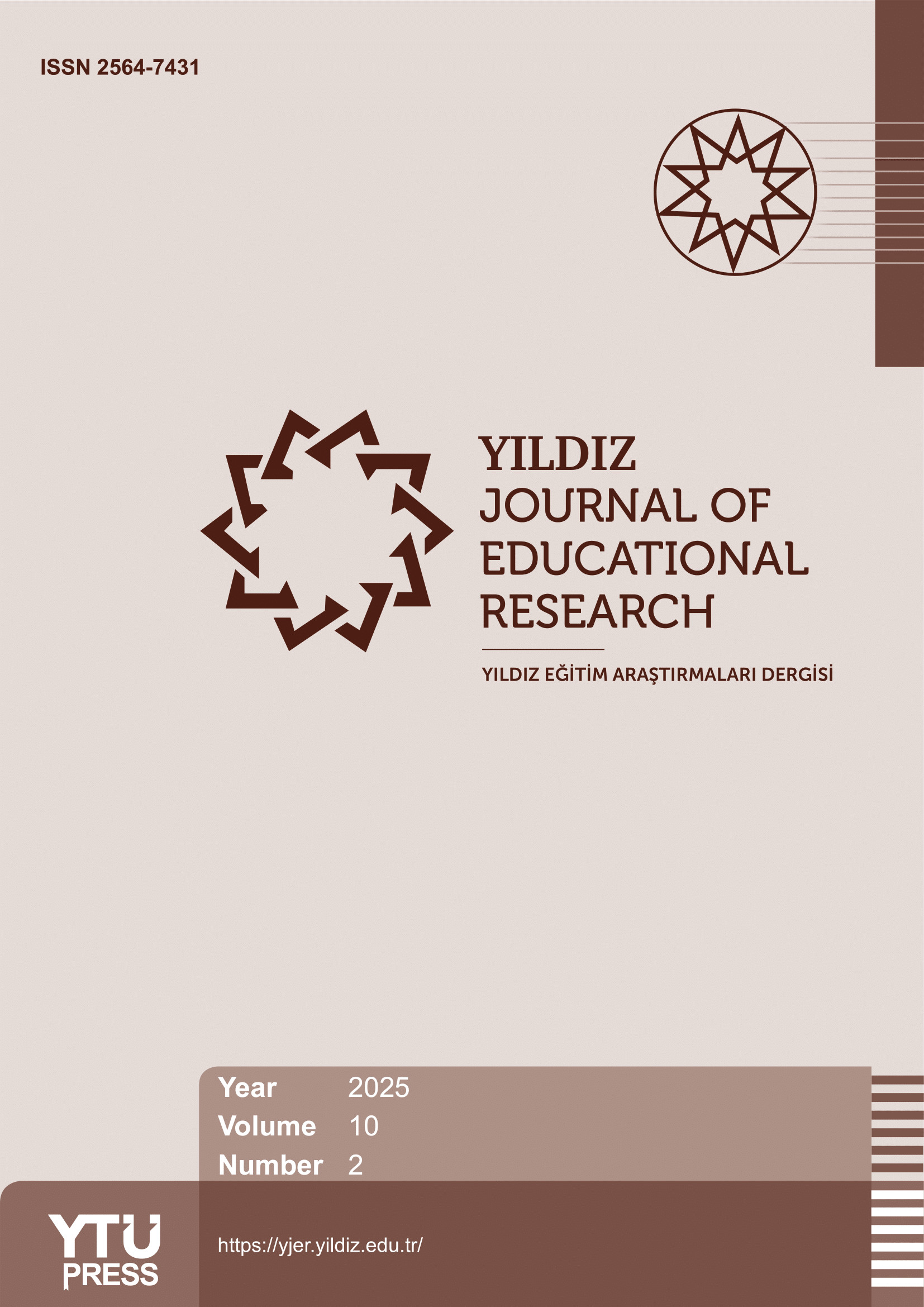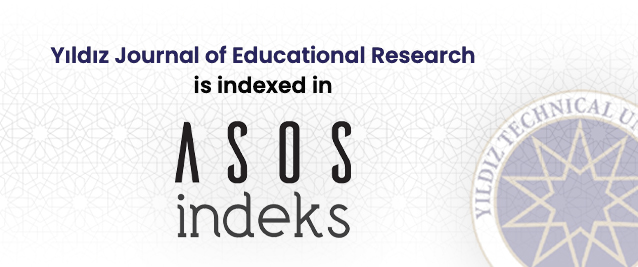Abstract
This study aimed to find the impact of self-regulatory capacity in vocabulary learning on students’ vocabulary scores. The study followed a quantitative methodology, in which the survey method was taken up to gather data and make statistical inferences about the population being studied. The participants, preparatory class students, received the “Self-Regulatory Vocabulary Learning Capacity Scale” developed by Tseng et al. (2006) and translated into Turkish by Yeşilbursa and Bilican (2013). Descriptive statistics showed that participants mostly keep environmental factors under control when studying vocabulary. A multivariate analysis of variance (MANOVA) identified an apparent vocabulary success level effect on self-regulatory vocabulary learning capacity components. It was found that participants with high vocabulary scores have higher self-regulatory vocabulary learning capacity when compared with those who have lower scores. This result indicated that self-regulatory vocabulary learning capacity could be a predictor of vocabulary achievement. Multiple regression analysis was conducted to understand the degree of causal links between vocabulary achievement and self-regulatory vocabulary learning capacity. The results showed that self-regulatory vocabulary learning capacity can only explain 15.8% of the vocabulary scores of the participants.
Bu çalışmanın amacı harmanlanmış öğrenme yöntemiyle işlenen bir fen konusunun ortaokul öğrencileri üzerindeki etkilerini araştırmaktır. Amerika’da, çoğunluğu düşük sosyoekonomik düzeylerden gelen yedinci sınıf öğrencileriyle harmanlanmış olarak kalıtım konusu işlenmiştir. Bu eğitimde öğrenciler bazı etkinlikleri çevrimiçi ve bireysel olarak tamamlarken, bazi etkinlikler ve tartışmalar sınıfta yüzyüze yapılmıştır. Genel olarak eğitim araştırmalarında bulunan örüntüler burada da tekrarlanmıştır. Öğrencilerin son testteki performansları okuma yetenekleri, konu hakkındaki ön bilgileri ve öz yeterlikleri ile doğru orantılıdır. Öğrencilerin konuya duygusal yaklaşımlarını (ilgi ve beğeni) öngören değişkenler ise öğrencilerin önbilgileri değil, okuma yetenekleri ve özyeterlilikleridir. Bu sonuçlar, teknoloji ile zenginleştirilmiş eğitimlerin faydasının öğrenci özelliklerine bağlı olarak değişebileceğini göstermektedir.













